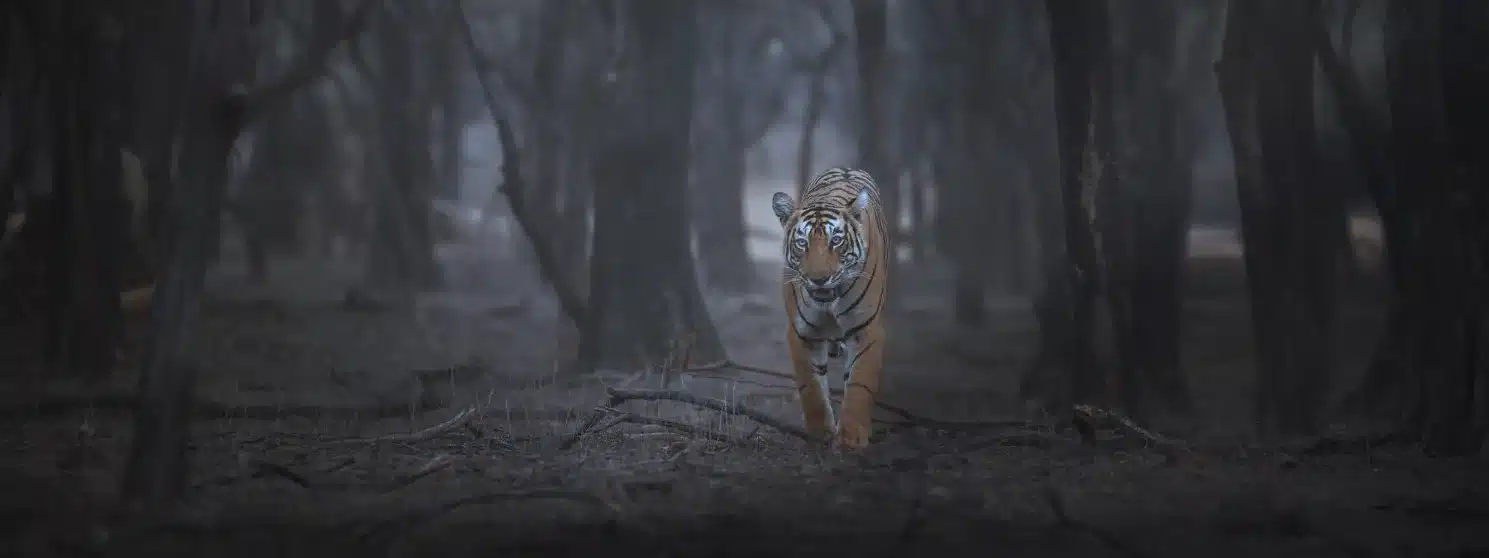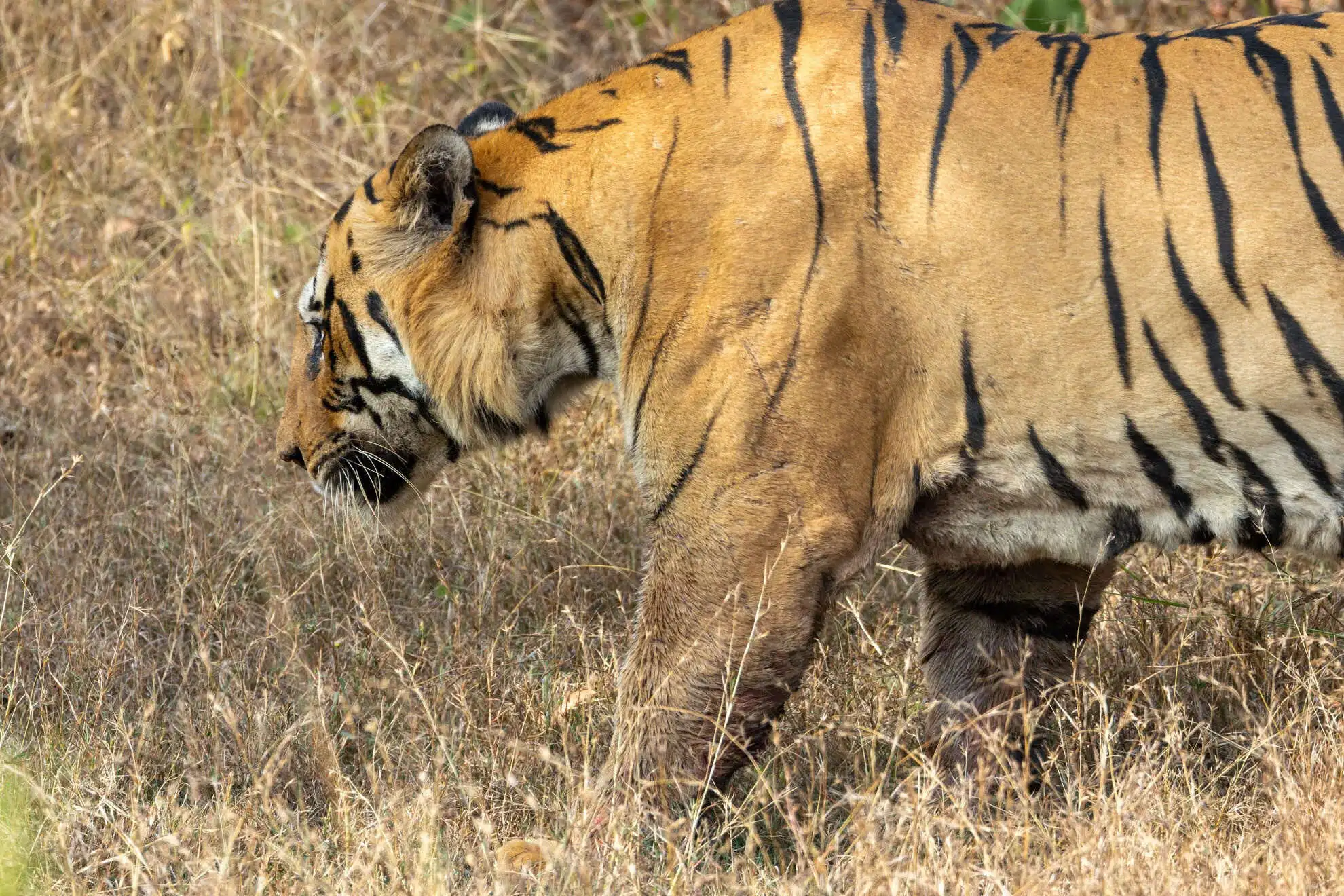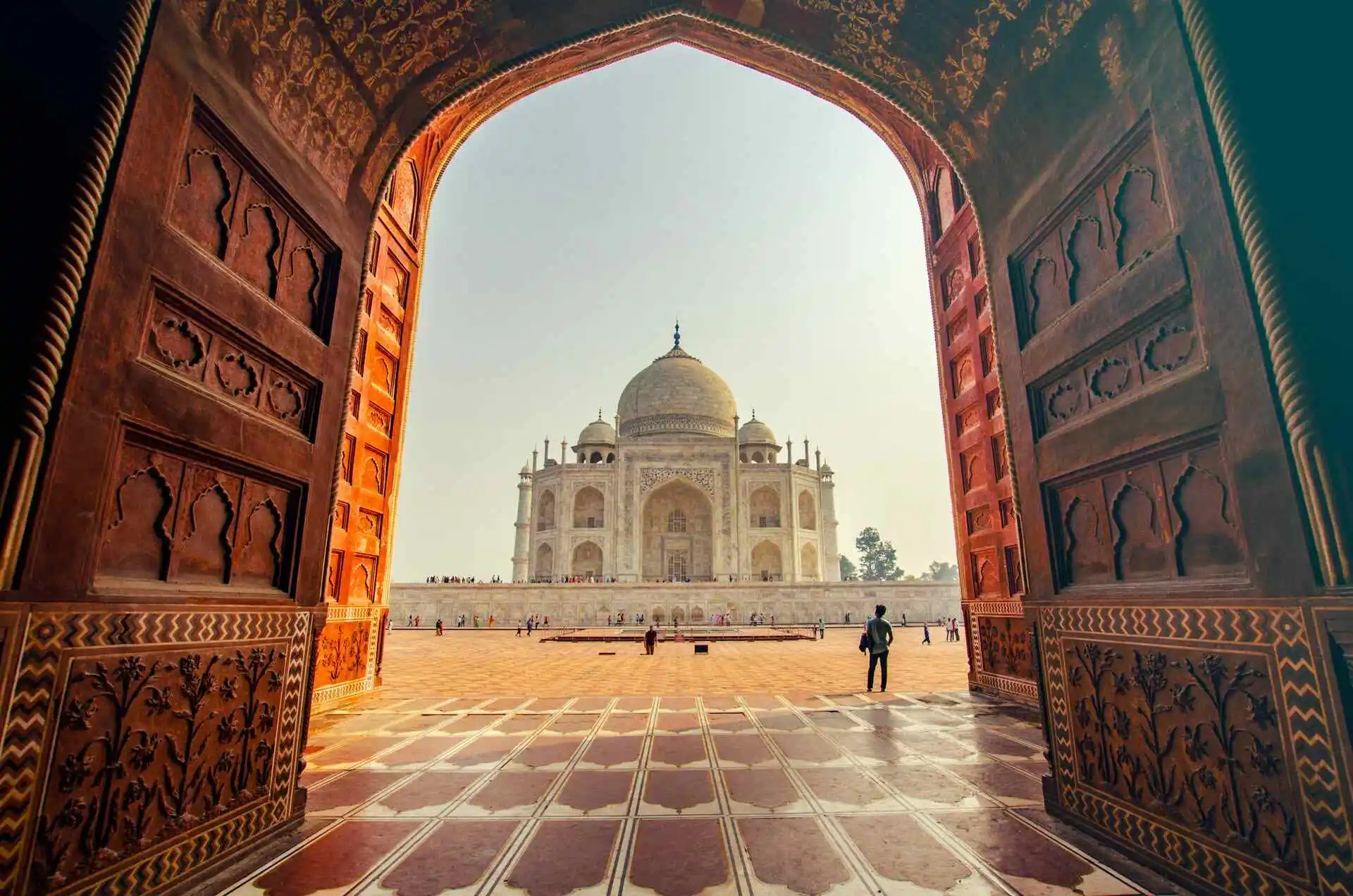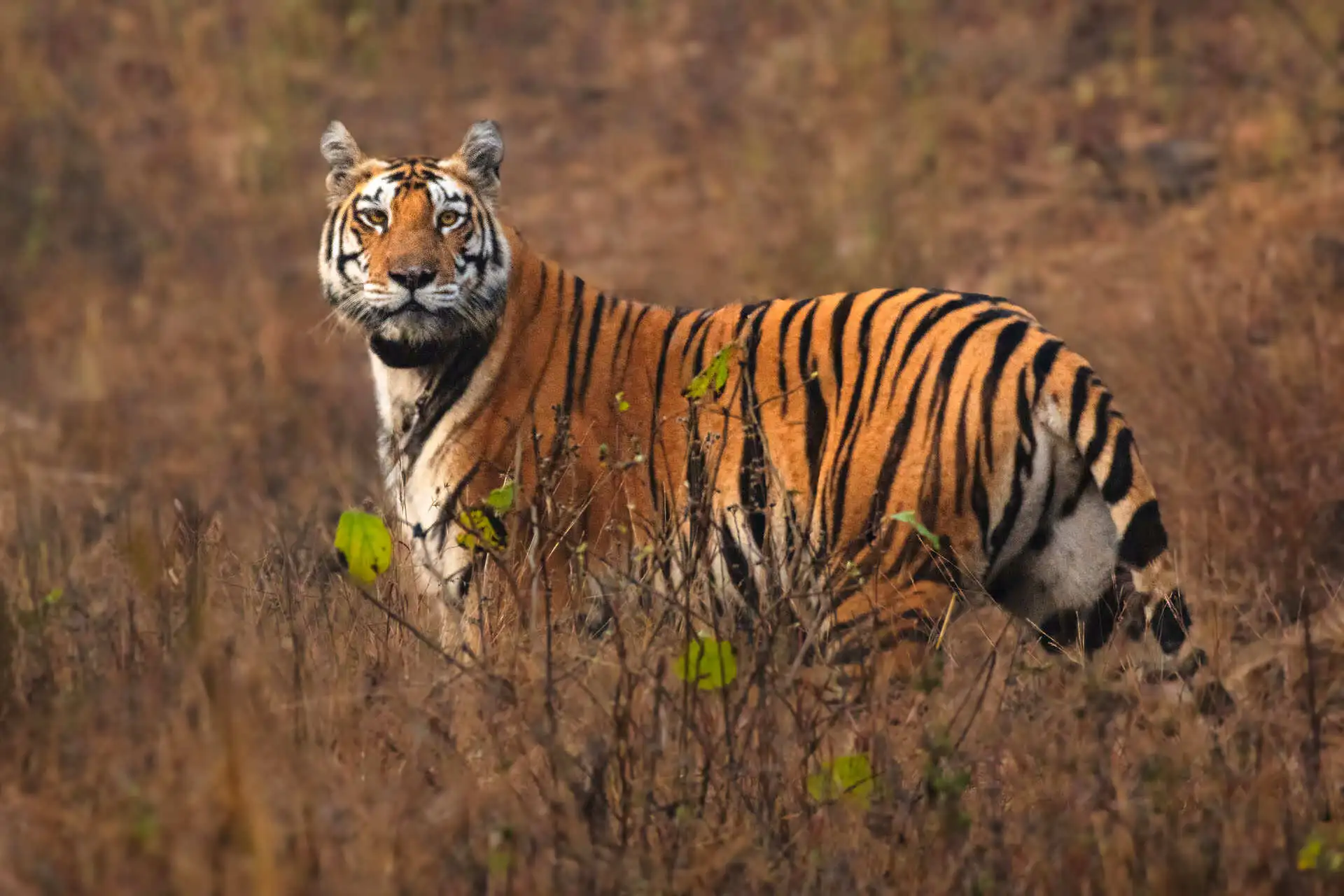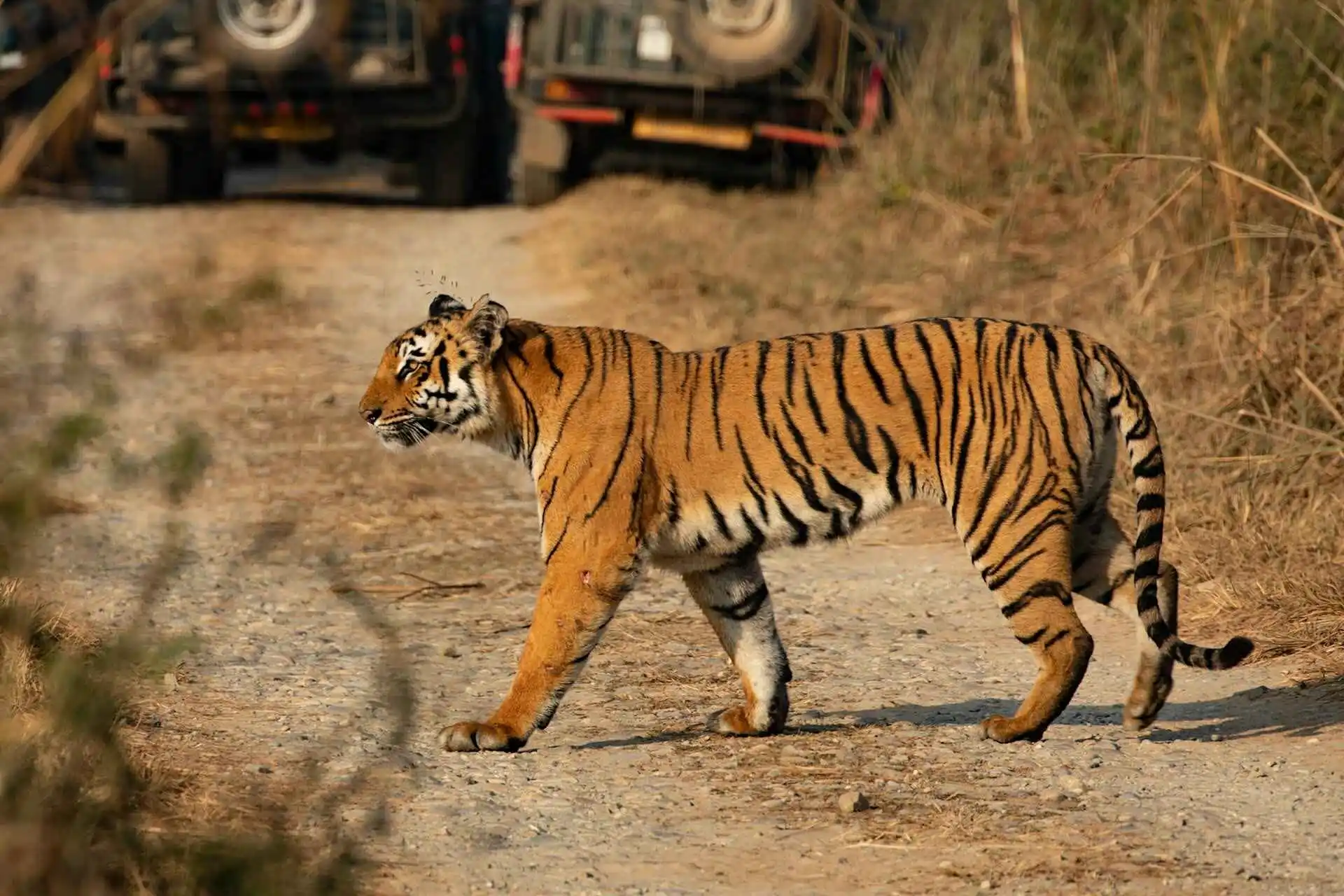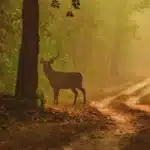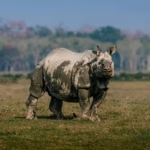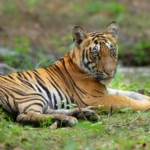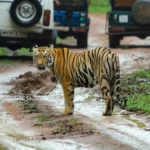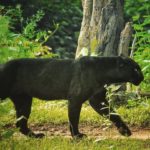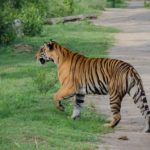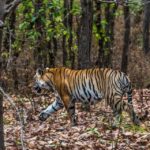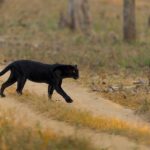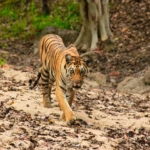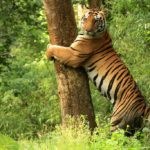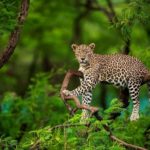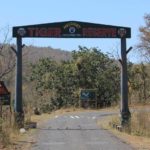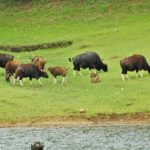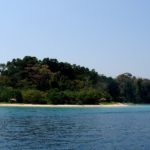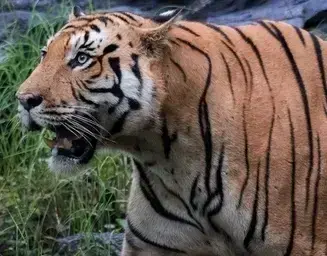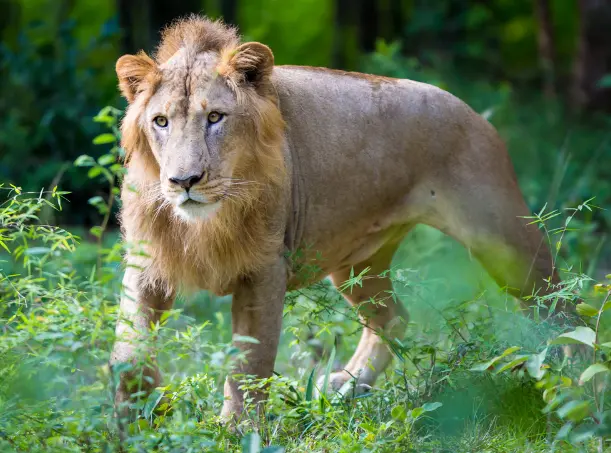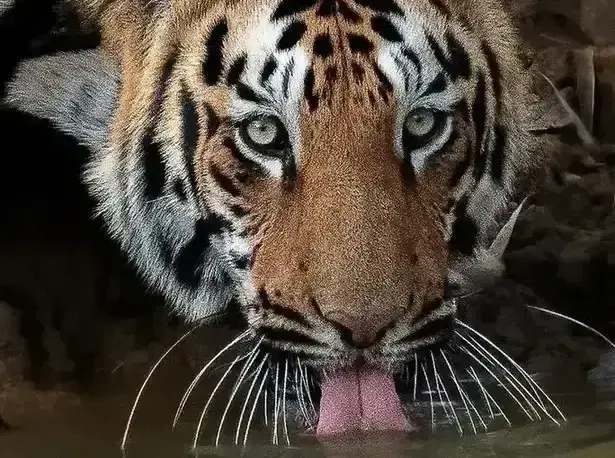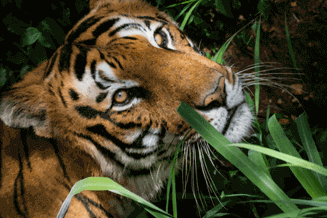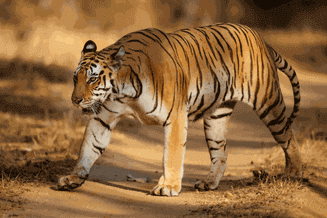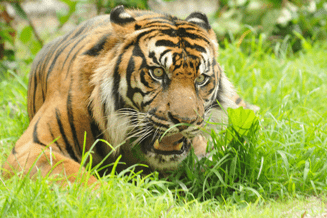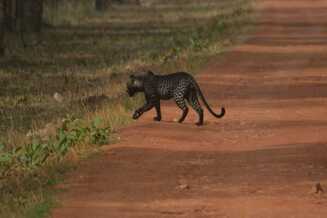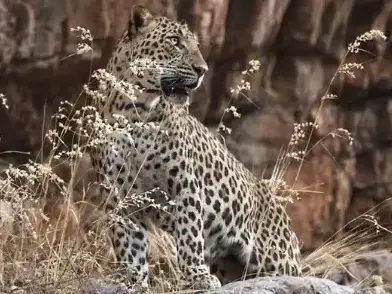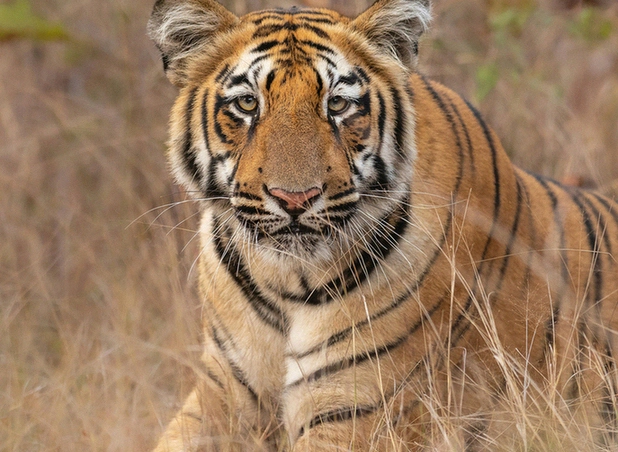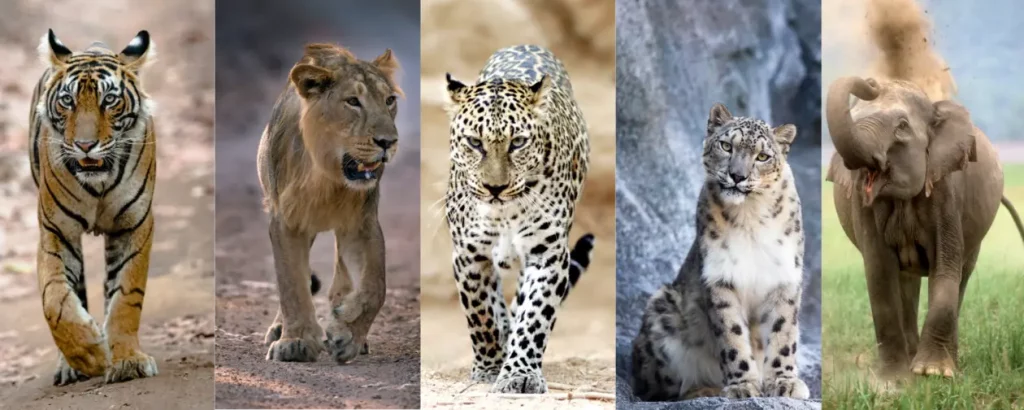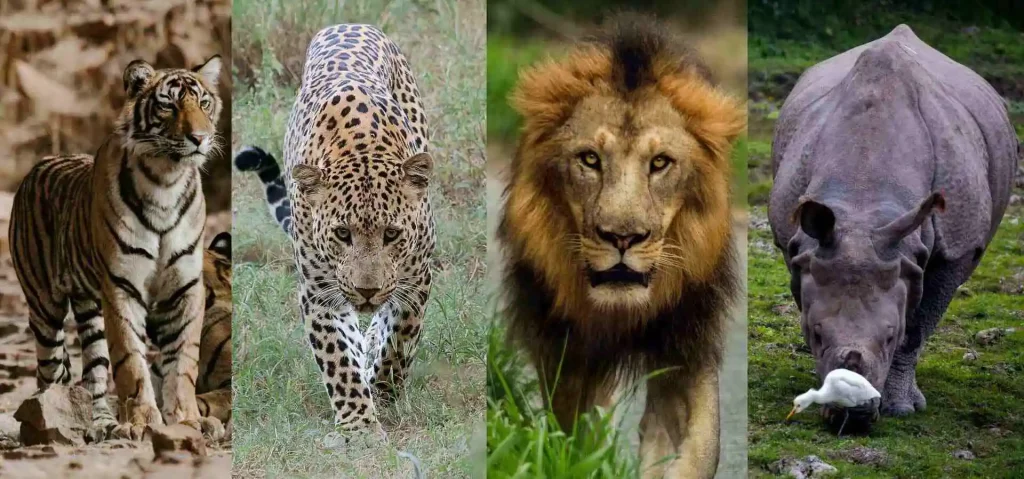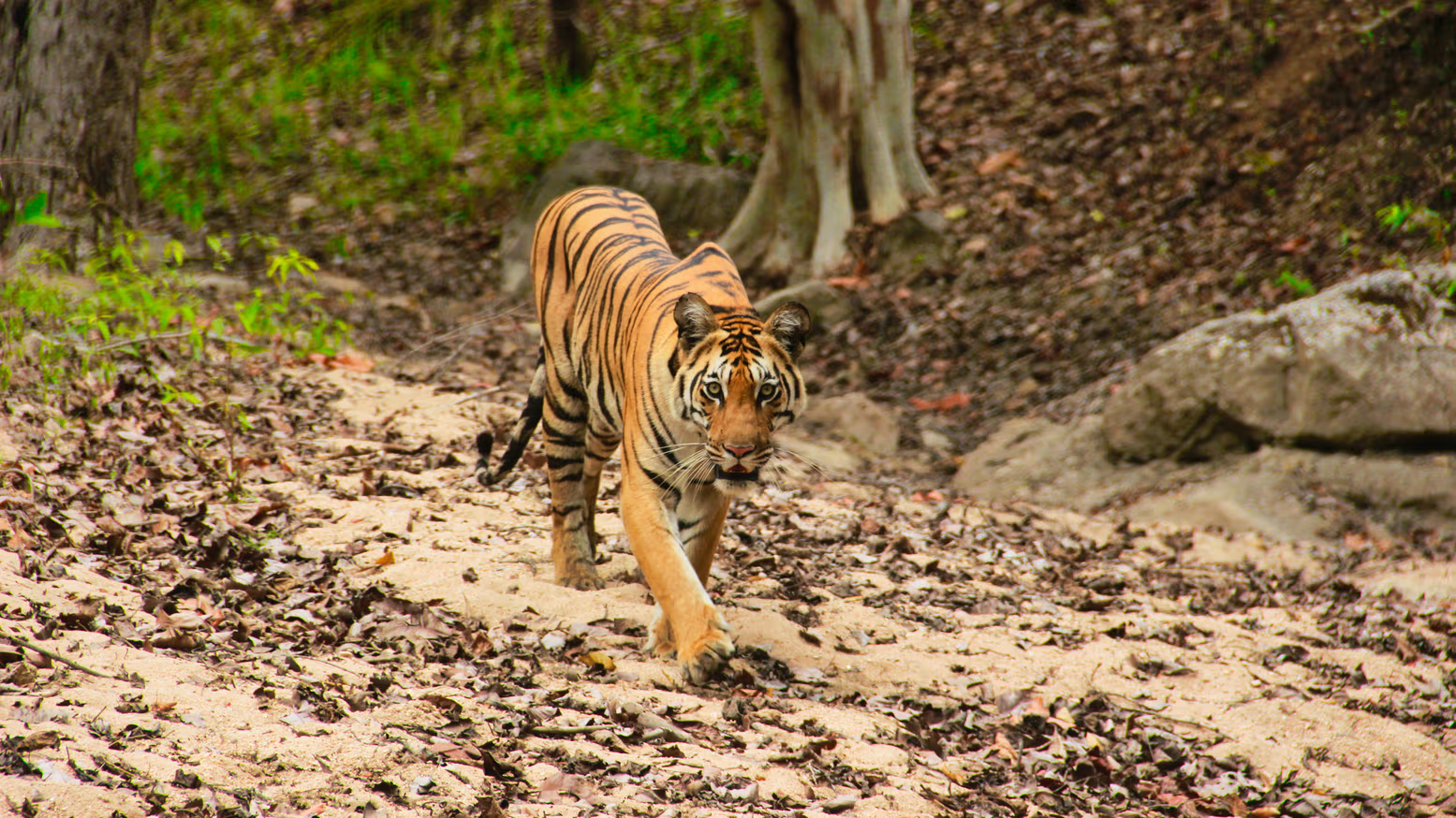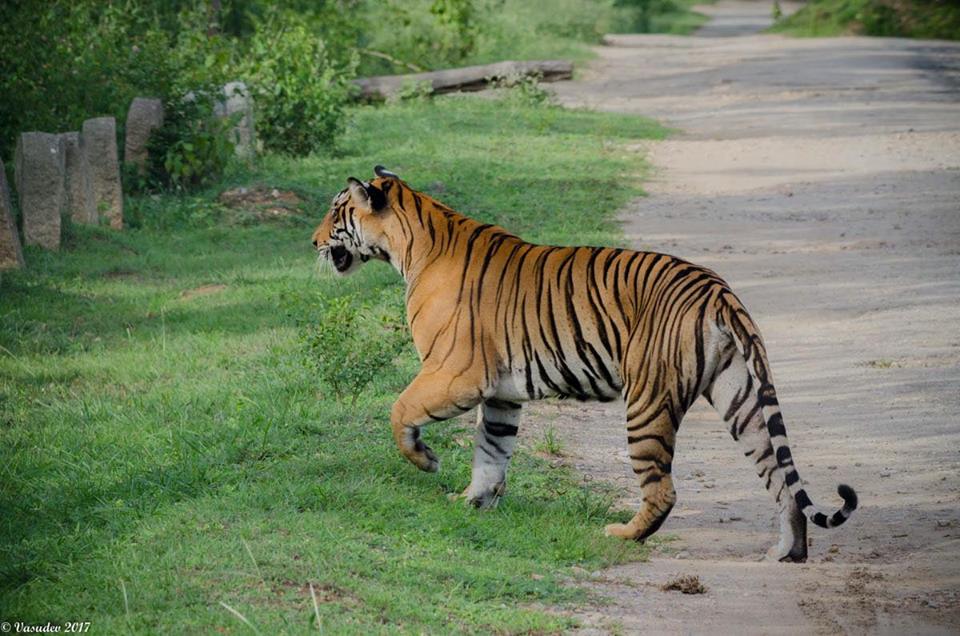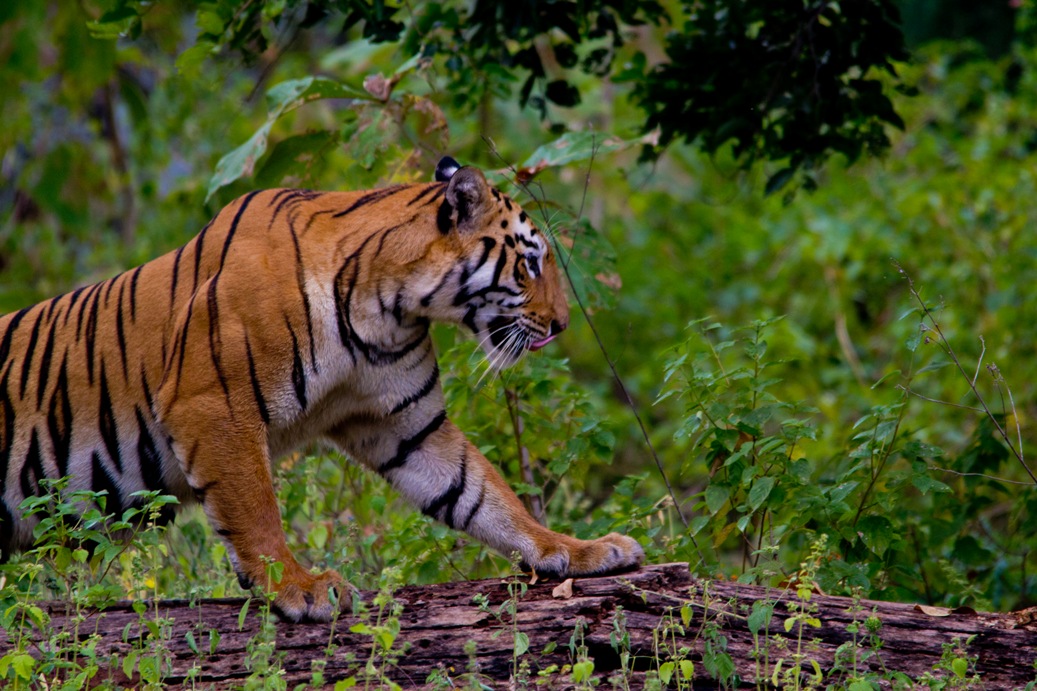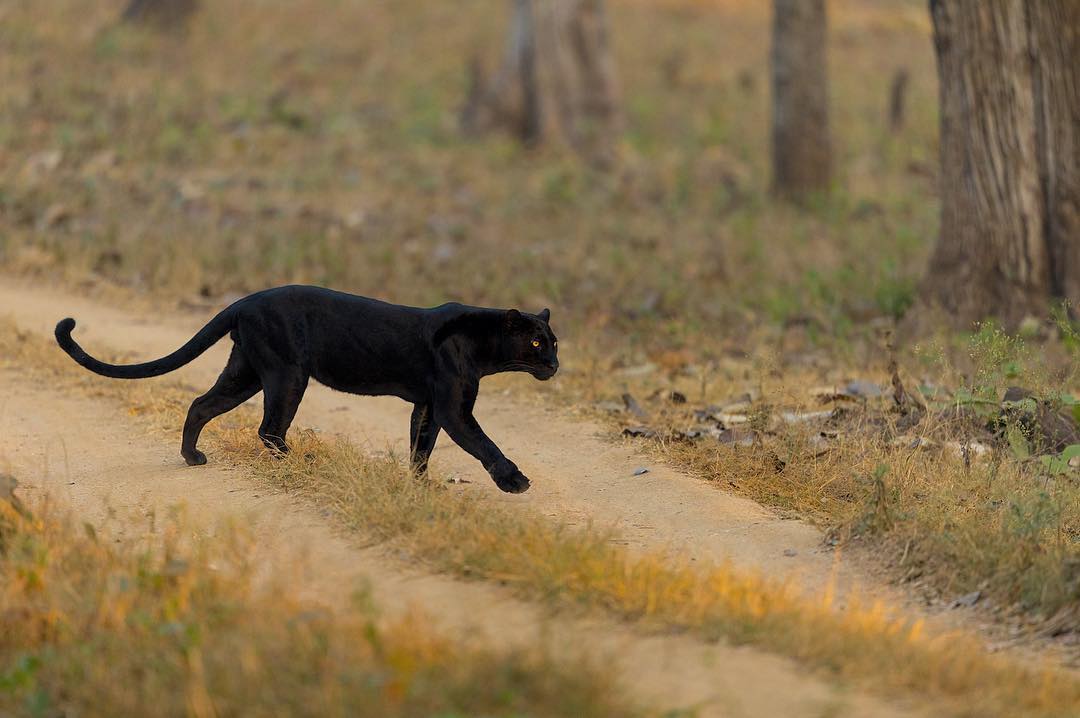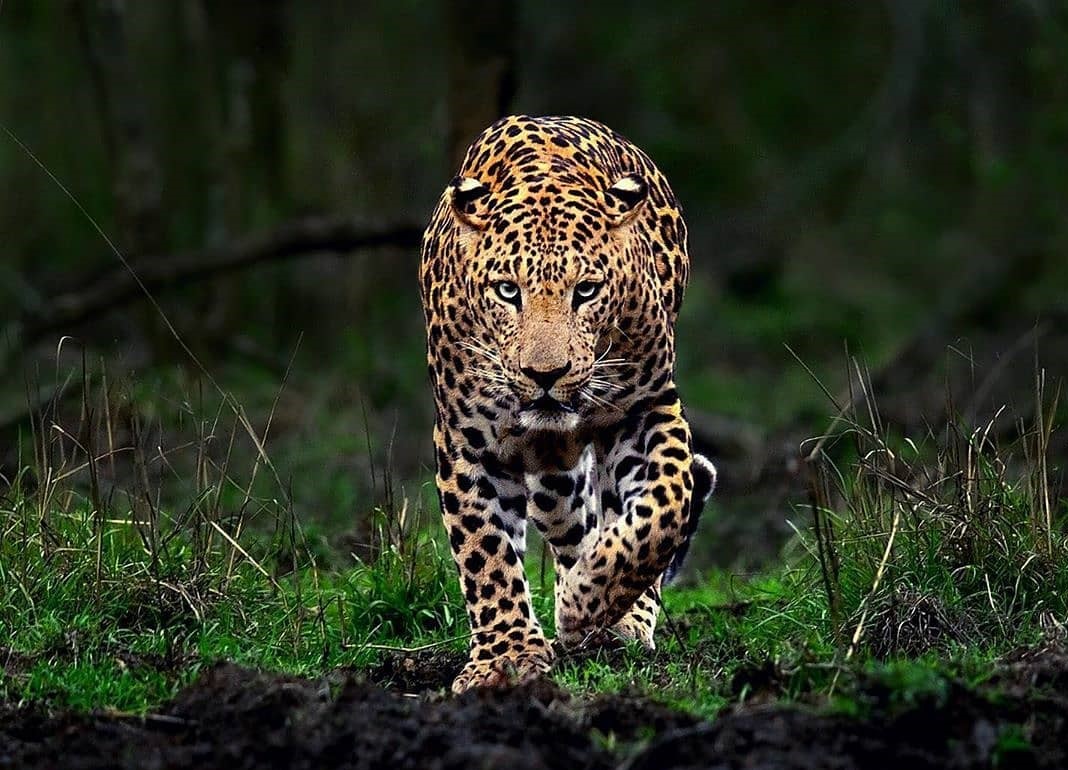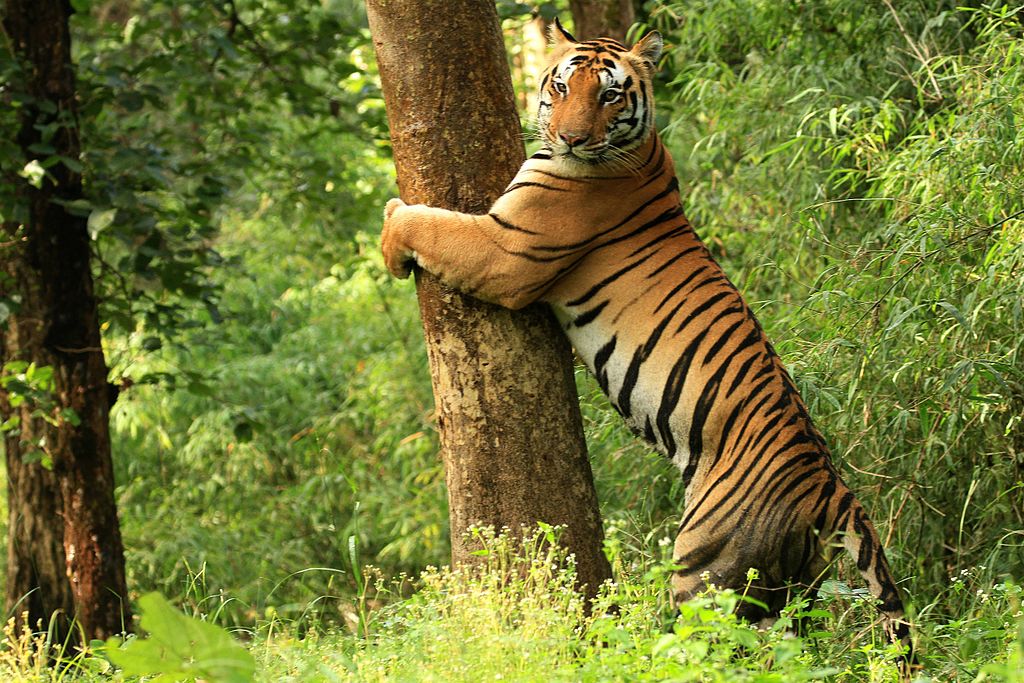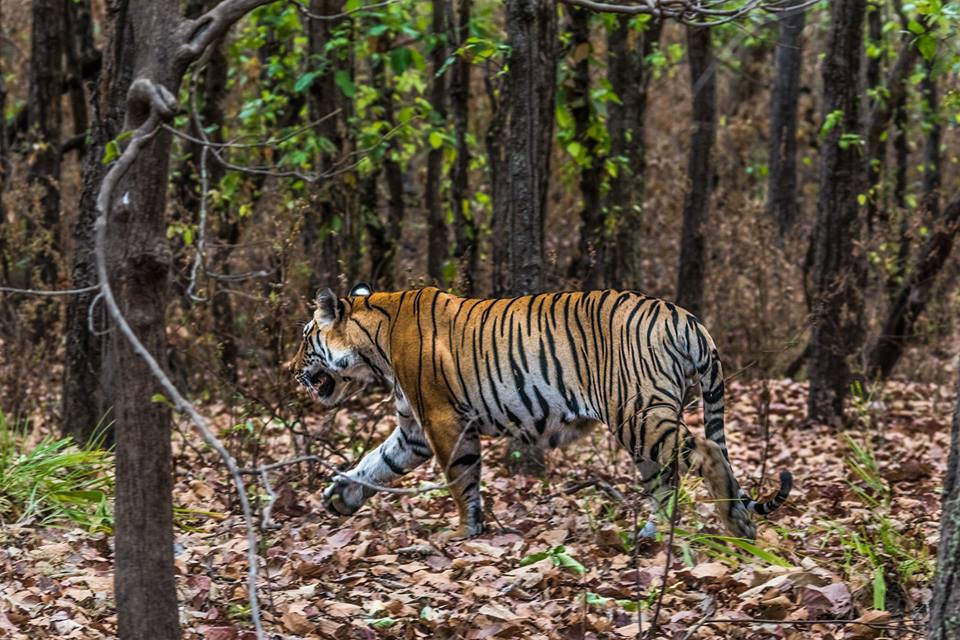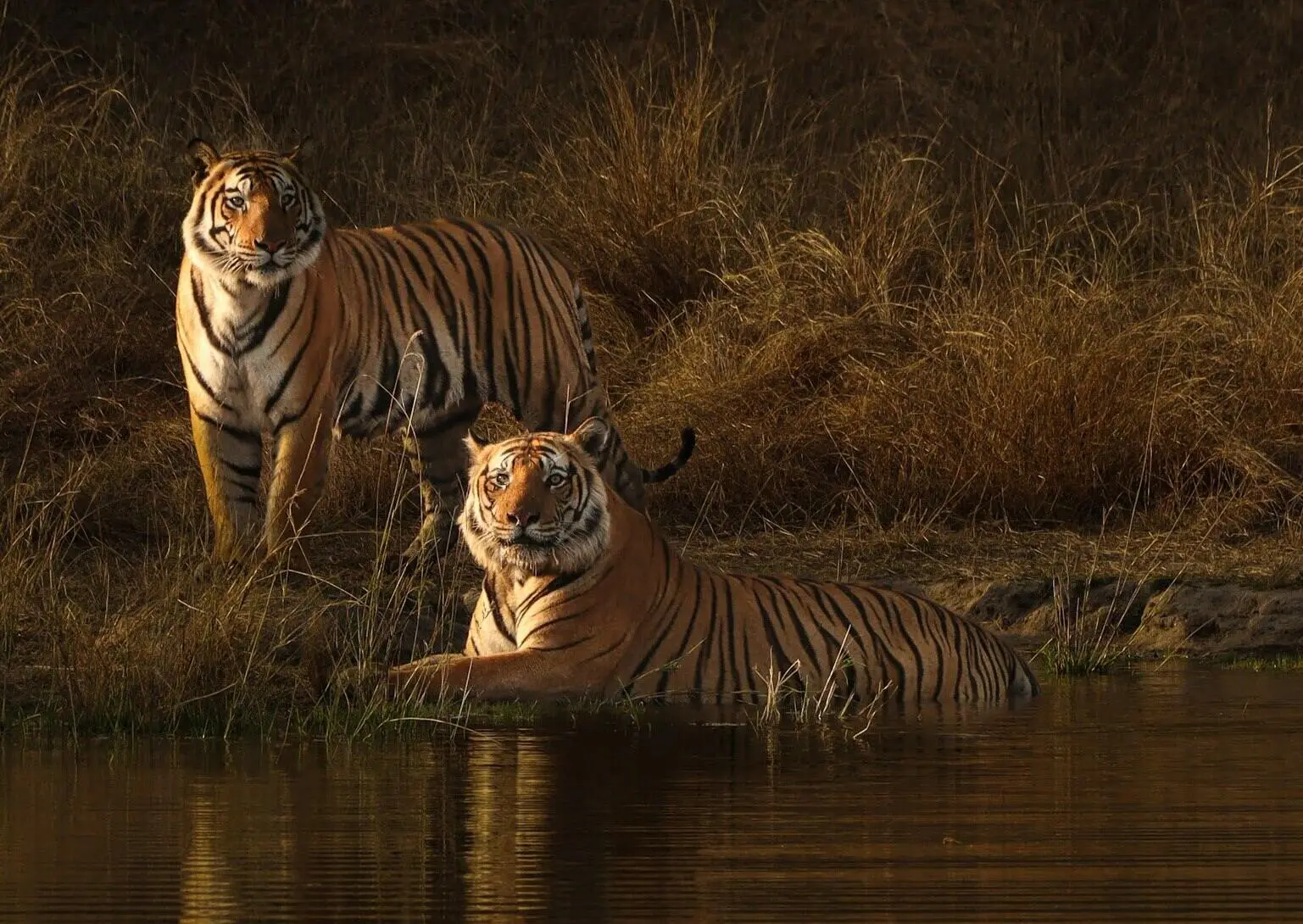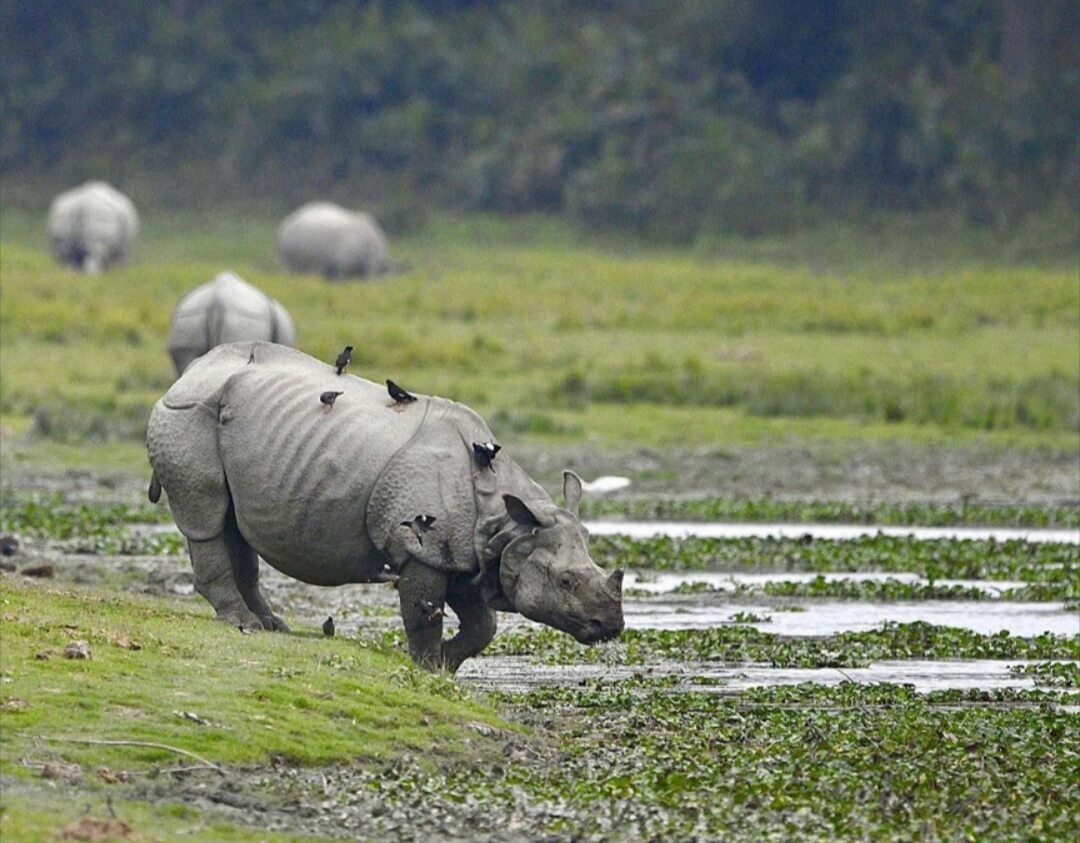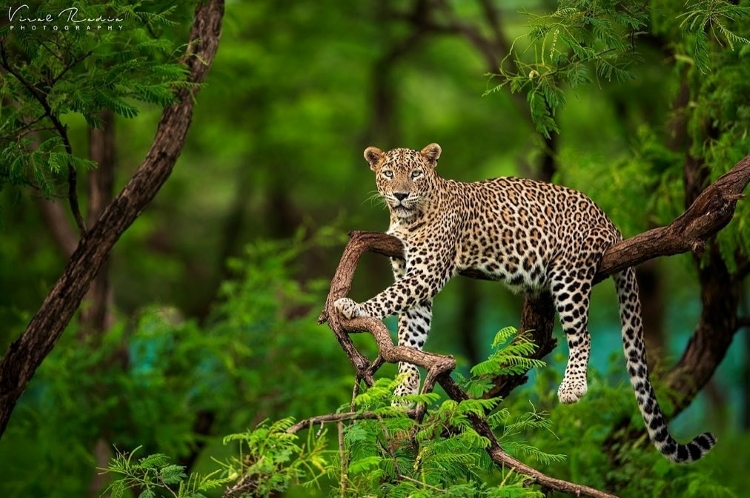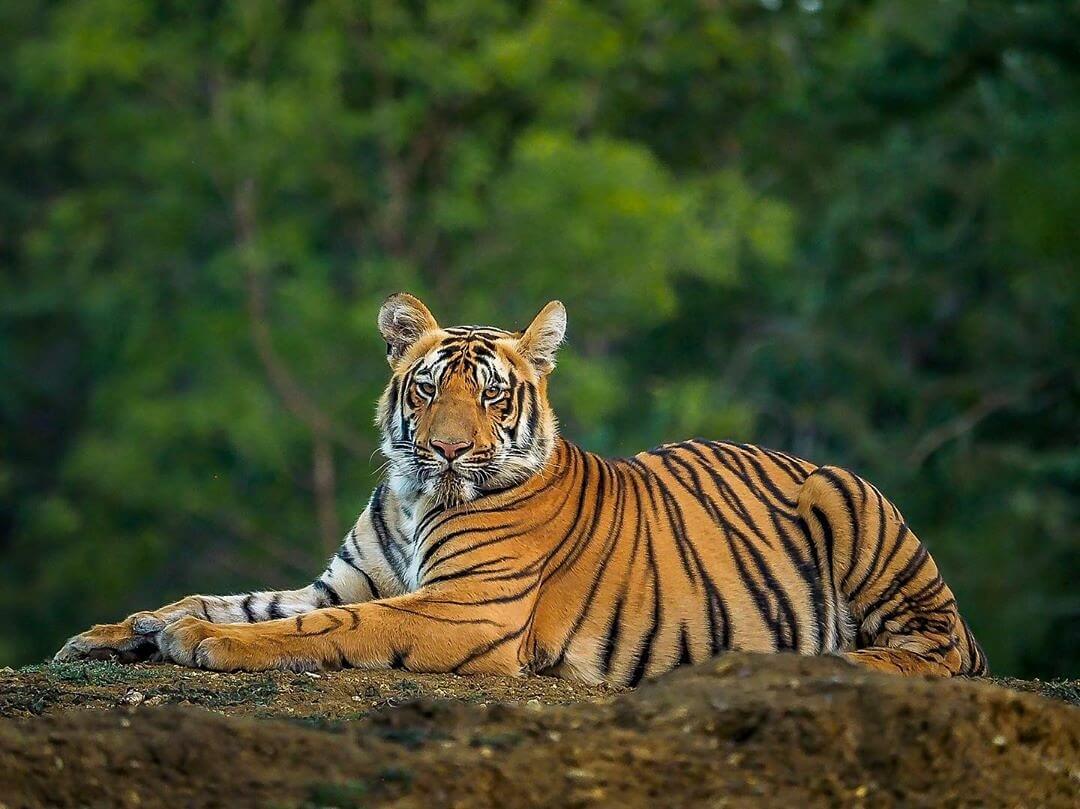India is a country of lush forests and varied wildlife. With a vivid variety of flora and fauna, the country is home to numerous National parks and sanctuaries. India has many gems that are home to exuberant species of animals and plants; Dudhwa National Park is one of them
Dudhwa is what comes to one’s mind when they think of perfection and bliss. It is a spectrum of amazement and a peaceful shelter for all the species of plants and animals, it houses.
Located on the Indo-Nepal border in the Lakhimpur Kheri District, this national park lies in the highly diverse and productive Terai belt of marshy grasslands of northern Uttar Pradesh
Being one of the major projects for wildlife preservations this national park is known for its non-commercial environment that makes it unique among the other national parks of India.
Sprawling over a generous expanse of 811 km of thick forests, marshes, and grasslands, it is a boastful home for over 38 species of mammals, 16 species of reptiles and a wide number of birds
Dudhwa Tiger Reserve – Information
The period after India’s independence was a bit dark for the forest. It was rampant with poachers and hunters who used to ravage the forest and its wildlife to make money. But better days came to the forest with the untiring efforts of ‘billy’ Arjan Singh, who strove hard to bring back the glory of the forest and stop all the excessive and illegal activities.
The area was declared as a Wildlife Sanctuary in 1965 and went on to become a national park, in 1977. It is due to the undying efforts of ‘Billy’ Arjan Singh that Dudhwa retained its glory and now proudly stands with its head high in richness
Popular Tiger Tours in India
Flora at Dudhwa
The Dudhwa National Park is a harmony of rivers and lakes, known as ‘taals’. Falling within the Upper Gangetic plains, this park has a vast alluvial plain. This is highly beneficial for the forest as it boosts fertility. The park is probably the only remnant of the Terai Ecosystems in India, which helps it flourish vibrantly. The forest is a kaleidoscope of colors and rusticity.
The high forest is bestrewed with grasslands and tall dense trees like the Sal, which comprises 60% of the forests. Dudhwa National Park is home to one of the finest forest and has a varied variety of flora. From grasslands to Evergreen forests, swamps, and wetlands to deciduous forests the forest has it all!
Jamun, Asna, Shisham, Gular, Sehore, and Bahera are the major species of flora found in the forest. The thick dense forests and the dry grasslands along with the wetlands make up the habitat of the forest. This varied environment allows the park to become a perfect sanctuary for the animals of the wild.
Fauna at Dudhwa
The park is a sustainable and diverse home for a large number of animals and birds. Major attractions of Dudhwa National Park are the Tigers and the Swamp deers. The park took great initiative in reintroducing zoo-born tigers and leopards into the wild. The Indian rhinoceros also calls this park it’s home.
Dudhwa National Park houses almost half of the world’s Barasingha population. These rare animals can be spotted in a herd strolling across the grassland. The other animals found in the park are the swamp deers, sambar deers, barking deer, spotted deer, sloth bears, ratels, jackals, civets, jungle cats, fishing cats, etc..
The grassland with its colour and density acts as the perfect camouflage for the animals. The open grasslands make a healthy home for the bird population nesting in the forest. More than 350 species of birds have been reported to be seen in the Dudhwa National Park. From resident birds to the winter migrants, the variety is astounding. The alluring combination of swamps, dense forests and open grasslands makes the park a healthy home for the avian population.
The Bengal Florican, The Great Slaty Woodpecker, The Black-necked Stork, The Great Pied Hornbill, and The Indian Golden Oriole are some of the top species of birds that find solace in the park; Along with the painted storks, black and white-necked storks, sarus cranes, woodpeckers, barbets, kingfishers, minivets, bee-eaters, bulbuls, owls, and other nocturnal birds.
Dudhwa National Park is a wildlife haven. The park not only houses a variety of flora and fauna but also preserves many endangered species of animals and plants. It is a place of elevated beauty and peace. A paradise for wildlife photographers and avid bird watchers, the park is the perfect example of calm serenity.
Climate
The climate of this national park is humid subtropical with dry winters and mighty showers. The summers are hot with the temperature rising up to 40℃ and the winters are mild and go towards strong with the temperatures hovering between 20and 30℃. The climate of the park plays a huge part in the mosaic of flora seen there. The species of plants and the animals found in the park compliment the climate of the park.
Safari Details
There is no better way to explore the wild paths of Dudhwa National Park and have an adventure while doing that except for the Safari. Safari is the best option for wildlife lovers to hop on a trail and explore away! There are so many options to pick from when one seeks an adventure. For a solo adventure to collect your thoughts and spend some time amidst nature, backpacking is the answer. There are guided jungle walks that are organized. It also makes a great pick for group bonding and family outings. Jeep safaris and Elephant safaris are very popular.
Best time to visit
The best time to visit Dudhwa National Park is from November to February. The months of winter are a great time to catch the migratory birds that gather in the park. The soft dew and cold air make the place almost magical. The animals also can be spotted easily as they make their way out of the camouflage. A visit to this park will be the most unforgetful trip with a scintillating experience and truckload of memories.
How to reach Dudhwa Tiger Reserve
If you are planning to visit the park and begin your adventure then you better know how to reach there.
Lucknow is the nearest airport at a distance of 238 km
The Dudhwa Railway Station at a distance of 4kms is the nearest railhead and is well connected to Lucknow.
If you wish to travel by road then the nearest town is Palia which is also connected to Lucknow. There are also UPSRTC and private buses that are frequent and convenient.
A national park is not just a sanctuary protecting and preserving plants and animals but a place where these beings can roam around freely in their own natural habitat and call it home. It is a place away from the chaos of the city, a niche right in the laps of Mother Nature.
Dudhwa National Park is one of the most enchanting national parks. It is full of wonder and awe! This park will capture your senses and blow your mind away with its beauty and serenity.


